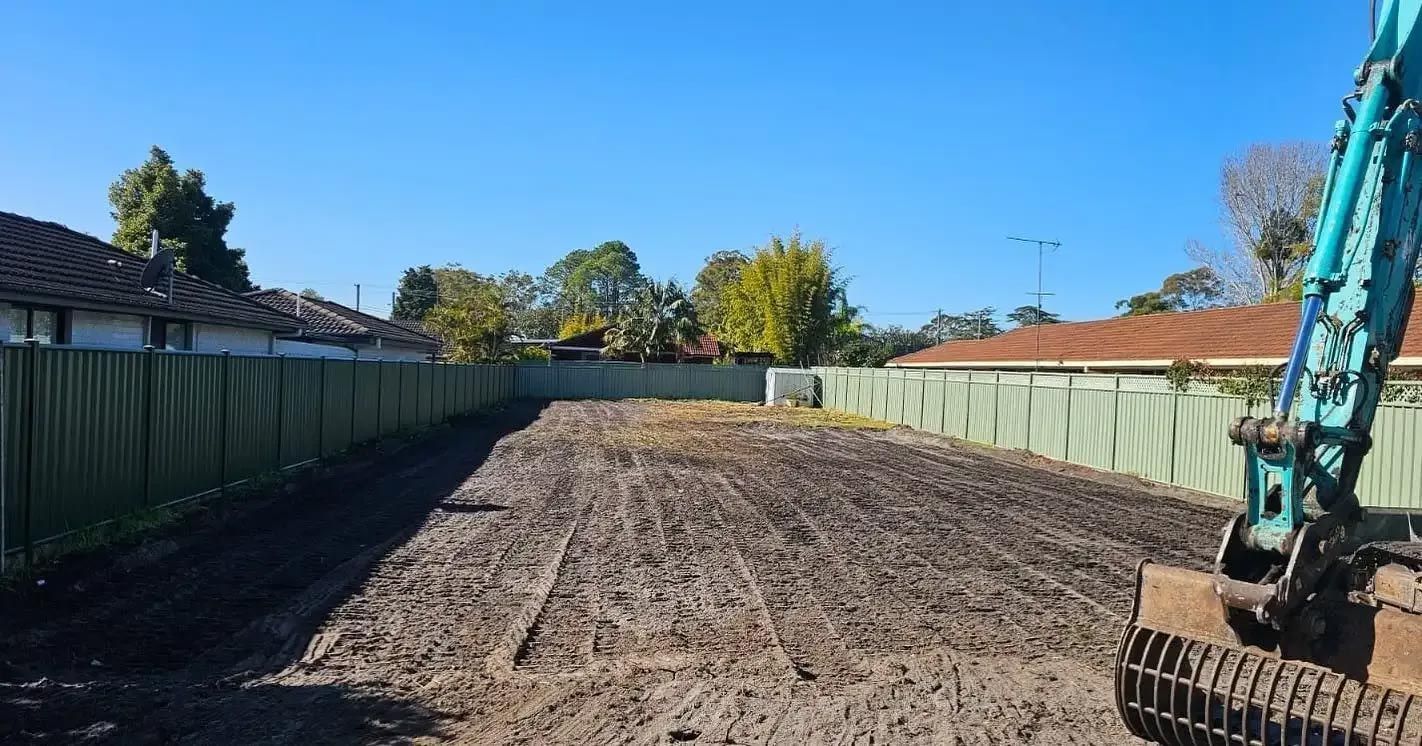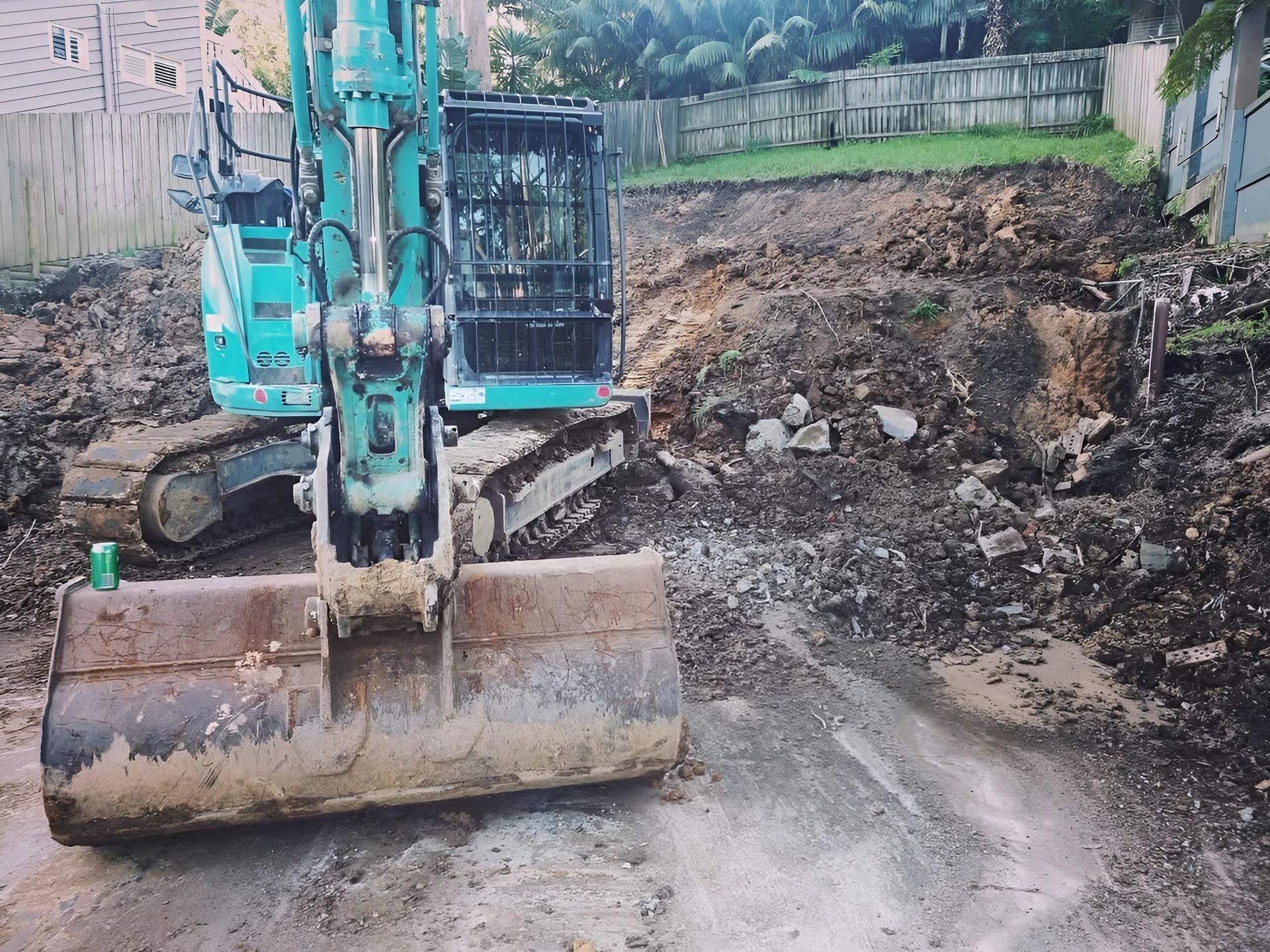Demolition Checklist: Things To Consider Before Demolition
June 6, 2023
Demolition projects
, whether residential or commercial, require careful planning and consideration to ensure a smooth and safe process. In this blog, we present a few important factors and checklists to help prepare for a successful demolition project.
Key Factors to Consider Before Demolition
Demolition projects involve the intentional dismantling or destruction of structures. Understanding the following considerations will help you avoid potential risks, legal complications and environmental damage:
- Safety First
Prioritise hiring a professional demolition contractor who has the experience, expertise and equipment to handle the project safely. Ensure they follow all safety protocols and have proper insurance coverage. - Obtain the Required Permits
Before commencing any demolition project, obtain the required permits from local authorities to avoid legal complications and delays. Contact your local building department to understand the specific permits and regulations applicable to your area. - Utility Disconnection
Coordinate with utility companies to disconnect electricity, gas, water and other utility services before the demolition begins. This ensures the safety of workers and prevents any accidents or damage during the process. - Environmental Considerations
Evaluate the impact of the demolition on the surrounding environment, including nearby structures, vegetation and drainage systems. Take measures to minimise any potential harm and ensure proper waste management and recycling of materials.
- Notify Neighbours
Inform your neighbours about the upcoming demolition project to minimise any inconvenience or disturbances. Establish open lines of communication and address any concerns they may have. Consider providing a timeline of the project to keep them informed. - Salvage Valuable Materials
Before demolition, identify and salvage any valuable materials or items that can be reused or sold. This could include fixtures, appliances, wood or architectural elements. Recycling and reusing materials not only reduce waste but can also help offset some of the demolition costs. - Asbestos and Hazardous Materials Abatement
If your property was constructed before the 1980s, there is a higher chance of asbestos and other hazardous materials being present. Engage a licensed professional to conduct a thorough assessment and ensure the safe removal and disposal of these materials.
Commercial Demolition Checklist
- Develop a Comprehensive Plan
Commercial demolition projects often involve larger and more complex structures. Engage with an experienced demolition contractor to develop a detailed plan that outlines the sequence of demolition, safety measures and waste management strategies. - Consider Potential Impacts on Other Businesses
Minimise disruptions by scheduling the demolition during off-peak hours or weekends and ensure clear communication with neighbouring businesses throughout the process. - Hazardous Waste Management
Commercial properties may have a higher likelihood of containing hazardous materials, such as chemicals or industrial waste. Comply with environmental regulations and engage professionals who specialise in handling and disposing of hazardous waste. - Structural Engineering Evaluation
For larger commercial structures, consult with a structural engineer to assess the stability of surrounding buildings and the potential impact of the demolition. This evaluation helps minimise risks and ensures the safety of neighbouring properties.
Rely on the Professionals for Your Demolition Project
At Complete Demolition , we provide safe and cost-effective demolition services for residential and commercial properties. As one of the largest demolition service providers on the Central Coast and Hunter Valley, we can fulfil all your demolition needs. Give us a call for more information!








